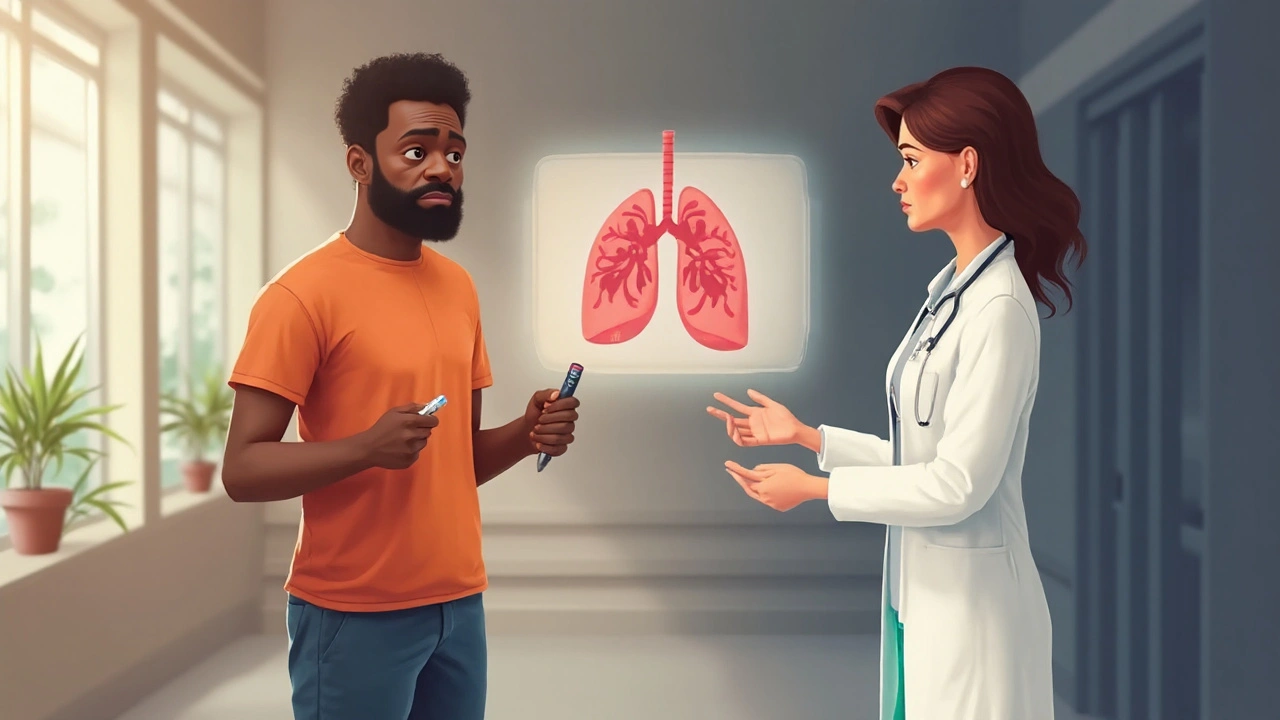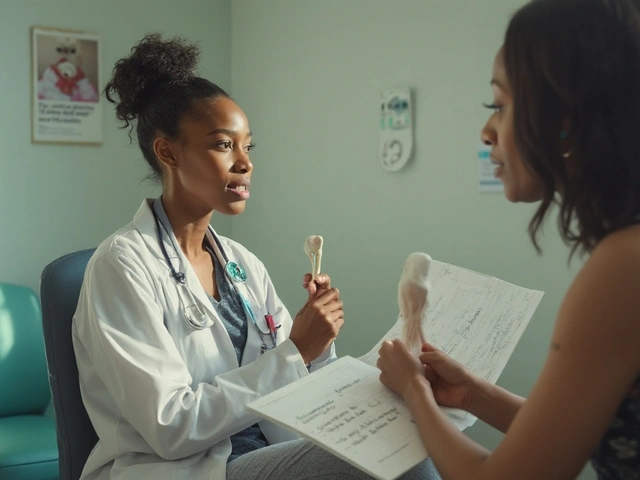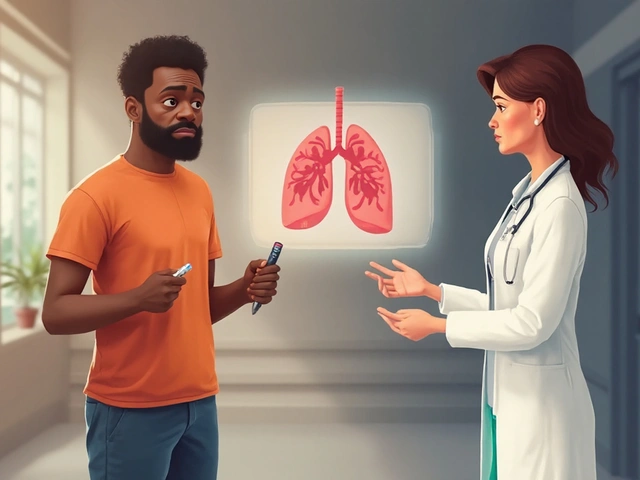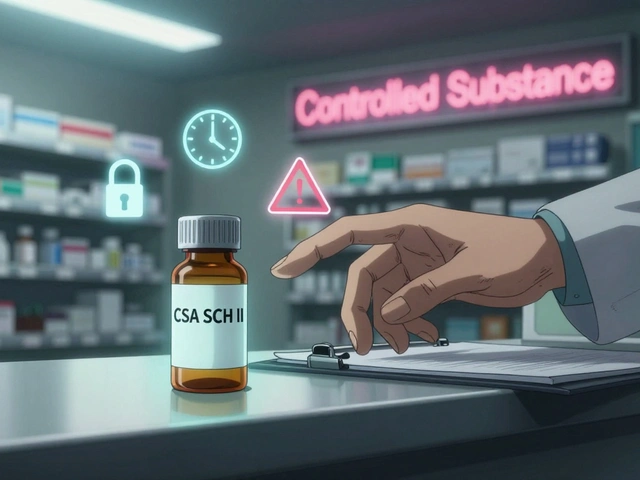Diabetes and TB Co‑morbidities: A Practical Guide
If you have diabetes, you might wonder why TB keeps popping up in health talks. The truth is, high blood sugar weakens the immune system, making it easier for the TB bacteria to take hold. This doesn’t mean every diabetic will get TB, but the risk is real and worth understanding.
Why Diabetes Raises TB Risk
When your blood sugar spikes, white blood cells don’t work as hard. They’re slower to find and destroy the TB germs that lurk in the lungs. This slower response gives the bacteria a chance to grow. Studies show that diabetics are 2‑3 times more likely to develop active TB than people with normal sugar levels.
Another thing to watch is the mask of symptoms. Diabetes can cause fatigue, weight loss, and night sweats – the same red flags TB shows. Because the signs overlap, TB can slip under the radar until it’s more advanced. That’s why regular check‑ups matter, especially if you live in an area where TB is common.
How to Handle Both Diseases
First, get screened. If you have a cough that lasts more than three weeks, unexplained fever, or chest pain, ask your doctor for a TB test. A simple sputum test or chest X‑ray can confirm if TB is present.
Once TB is confirmed, treatment starts right away with a mix of antibiotics that you’ll need to take for at least six months. It’s crucial to stick to the schedule – missing doses can cause drug‑resistant TB, which is much harder to cure.
At the same time, keep your diabetes under tight control. Use your glucose meter daily, follow the diet plan your doctor gave you, and take your diabetes meds exactly as prescribed. Better blood sugar means a stronger immune response, which helps the TB meds work faster.
Nutrition plays a big role, too. Aim for a balanced plate: lean protein, whole grains, plenty of veggies, and a modest amount of fruit. Protein helps repair lung tissue, while vitamins A and D boost immunity. Stay hydrated; water helps thin mucus and eases coughing.
Exercise is safe for most people with both conditions, but start slow. A 20‑minute walk a few times a week can improve circulation and lower blood sugar without over‑taxing your lungs. If you feel short of breath, pause and rest – never push into severe coughing.
Don’t forget about mental health. Juggling two serious illnesses can be stressful. Talk to a counselor, join a support group, or simply share your worries with friends. Reducing stress can lower blood sugar spikes and help you stick to treatment.
Finally, keep up with vaccinations. The flu shot and COVID‑19 vaccine protect your lungs and reduce the chance of secondary infections that could worsen TB or diabetes.
Bottom line: Diabetes makes TB more likely, but proactive screening, strict medication adherence, good nutrition, and steady exercise keep you on track. Talk to your healthcare team about a combined plan, and stay on top of both conditions. You’ve got the tools – use them to stay healthy.
How Diabetes Increases the Risk of Pulmonary Tuberculosis - What You Need to Know
Explore how diabetes raises the chance of pulmonary tuberculosis, the biological reasons, clinical signs, treatment tips and public‑health impact in plain language.






